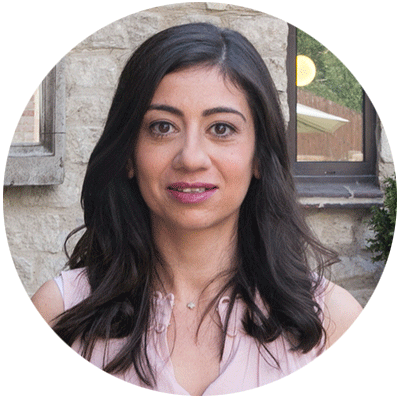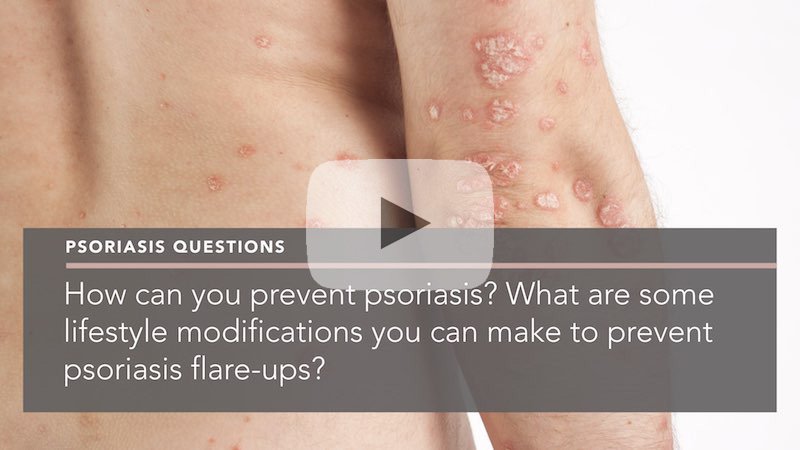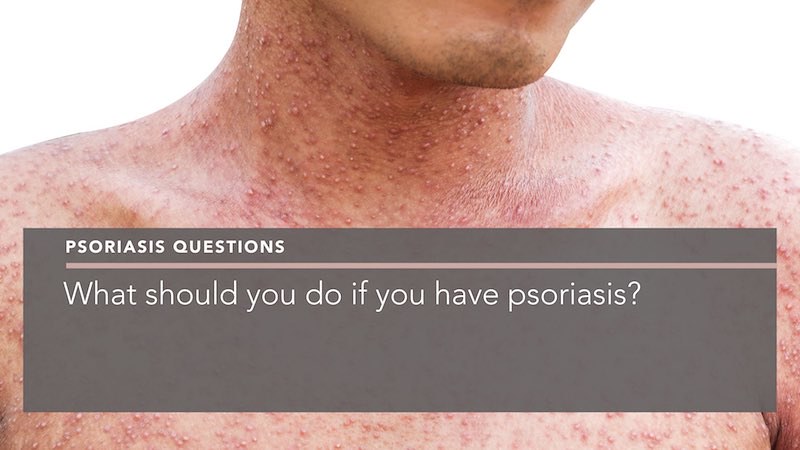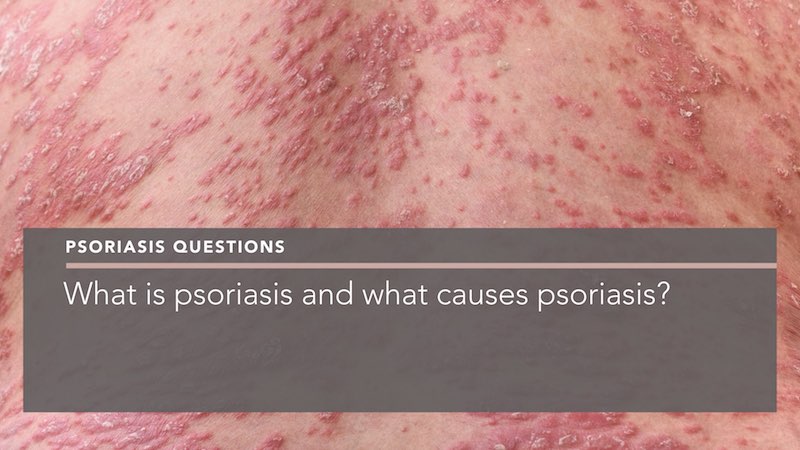Interview transcription:
We interviewed Penelope Pratsou to learn what you can do to prevent psoriasis.
How can you prevent psoriasis and are there any lifestyle modifications that one can take in order to prevent flare-ups of psoriasis?
Penelope Pratsou: It’s challenging to prevent psoriasis altogether because there are several factors that result in someone getting psoriasis, and a lot of them are genetic factors. Something that’s going to happen in one individual might not occur in another. However, there are a number of lifestyle factors that we can control.
We know that excessive amounts of alcohol can have an effect on psoriasis, so I would always ask someone to drink alcohol in moderation. Smoking is another factor that sometimes can affect some types of psoriasis, and if you can stop smoking, then that’s great. It has to be the right time to stop.
We also know that certain individuals with psoriasis are more likely to be a little bit more overweight. In fact, losing just a small amount of weight can be as effective as certain treatments. That goes a long way in helping you get your psoriasis under control, in addition to the medication that we might propose.
There’s a large number of things that we can do with regards to helping with psoriasis and a lot of advice that I could give you with regards to that.
If you notice that you have any of the symptoms or conditions that we’ve just discussed, we invite you to book a consultation with Dr Penelope Pratsou. She’ll be able to assess your situation and give you a personalised treatment plan.

About the author
Dr Penelope Pratsou | Consultant Dermatologist
MBChB, MRCP (UK) (Dermatology)
I’m Dr Penelope Pratsou, a skilled independent Consultant Dermatologist based in Berkshire. I have specialist expertise in the diagnosis and management of all skin cancers, and in performing mole checks. I’m a trained skin surgeon and remove skin cancers, moles, skin tags, cysts and warts.
I also have invaluable experience in dealing with all skin conditions, from the common skin complaints of acne, rosacea, eczema and psoriasis, to the rarer and more complex skin problems, having seen it all through years of NHS work.
After I obtained my Membership to the Royal College of Physicians, I undertook rigorous specialist training in dermatology, before being appointed as a Consultant Dermatologist at the Royal Berkshire Hospital, Reading. There, I helped set up and lead a busy clinic for the diagnosis and treatment of suspected skin cancer. I was also actively involved in supervising and training both dermatology and GP trainees.
Alongside my increasingly busy private practice, I have maintained an NHS practice in Oxford in order to continue to engage with challenging cases and to develop my specialist interest in skin allergy.




